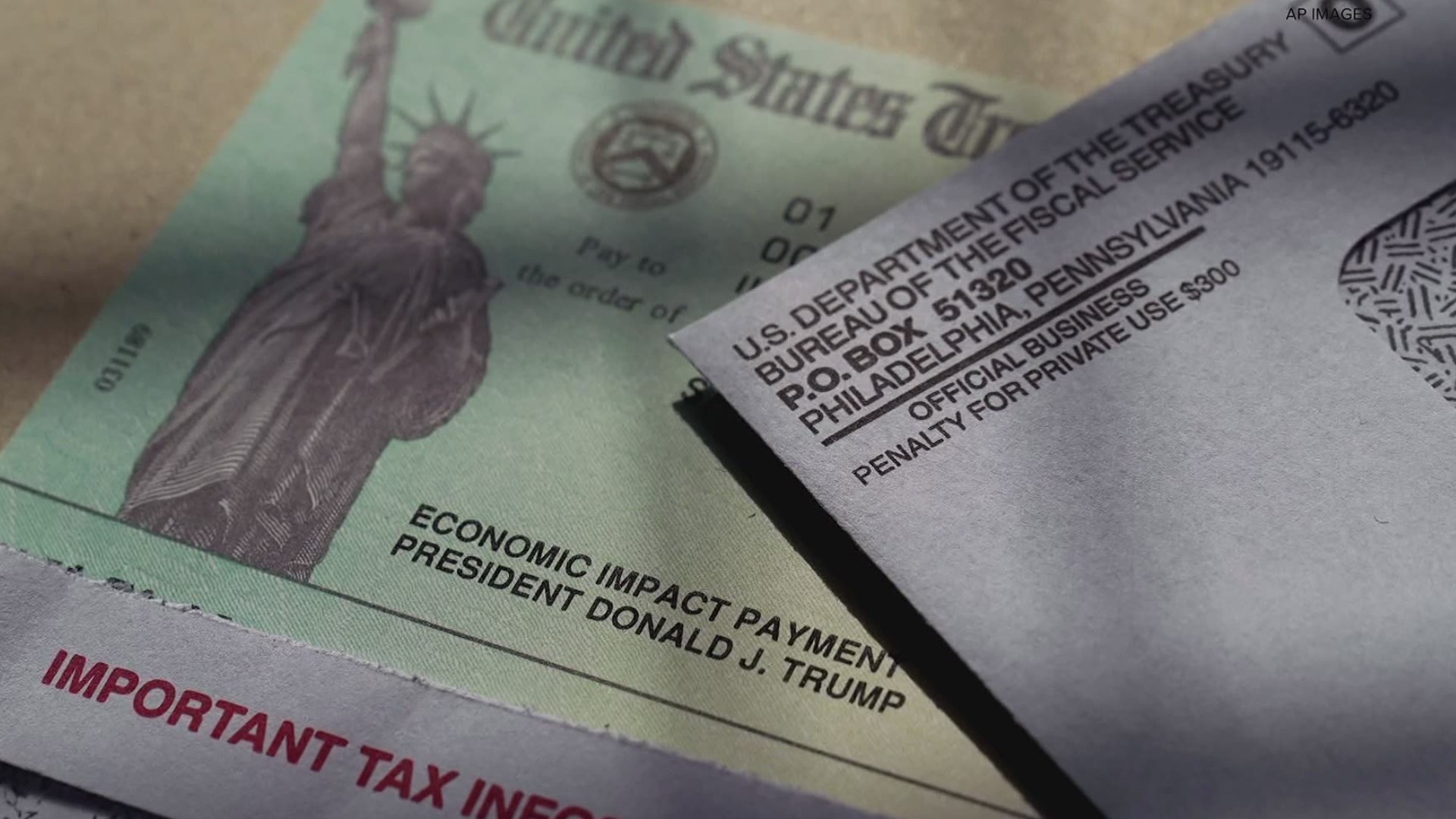ATLANTA — With the third stimulus check heading to bank accounts, there are many questions people are asking about it. We are diving into them for you.
Why are we getting another check?
President Joe Biden signed the new $1.9 trillion rescue package last week, providing for payments to qualifying individuals of up to $1,400, with payments to a qualifying family of four of $5,600. It is known as the American Rescue Plan.
Who qualifies? Does everyone get the stimulus funds?
People who make $75,000 or less a year are eligible for the full $1,400 payment. Couples earning $150,000 or less will receive a $2,800 check. Those with with children will receive a $1,400 for each dependent child. It is estimated that 85% of Americans will be eligible for the payments.
The payments start declining for an individual once adjusted gross income exceeds $75,000 and go to zero once income hits $80,000. The payment starts declining for married couples when income exceeds $150,000 and goes to zero at $160,000.
How can I see how much I'll get?
This calculator can help determine how much you can expect from the third stimulus check.
Will I get a check or is it direct deposit?
Taxpayers who have provided bank information with the IRS will receive the direct-deposit payments, while others will get paper checks or debit cards mailed to them.
Has anyone received the stimulus check yet?
They actually started depositing the funds into some accounts over the weekend. Other banks, including Wells Fargo and Chase, have said that customers may start seeing the funds in their accounts on Wednesday. Most Americans, however, won't get payment right away as the IRS anticipates continued disbursements during the next several weeks, according to the Associated Press.
How can I check the status of my money?
You can check the “Get My Payment” tool on the IRS.gov website to track the status of their payment.
Can debt collectors take my stimulus check?
If you owe money and are expecting to receive a stimulus payment, a debt collector could garnish it. Because the American Rescue Plan was passed through a process known as budget reconciliation -- not like a typical bill, stimulus payments are vulnerable to debt collectors, Fortune Magazine reports.

